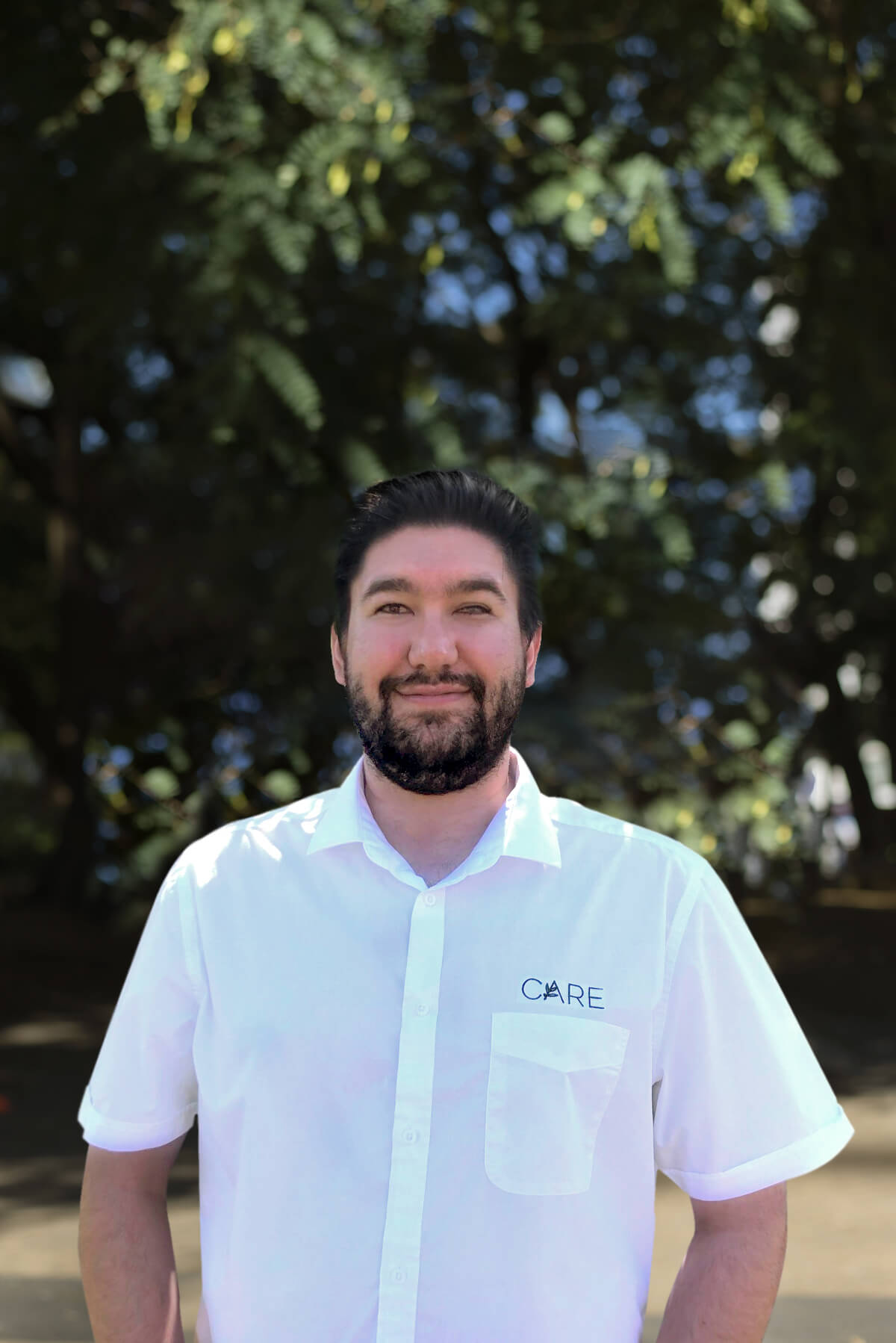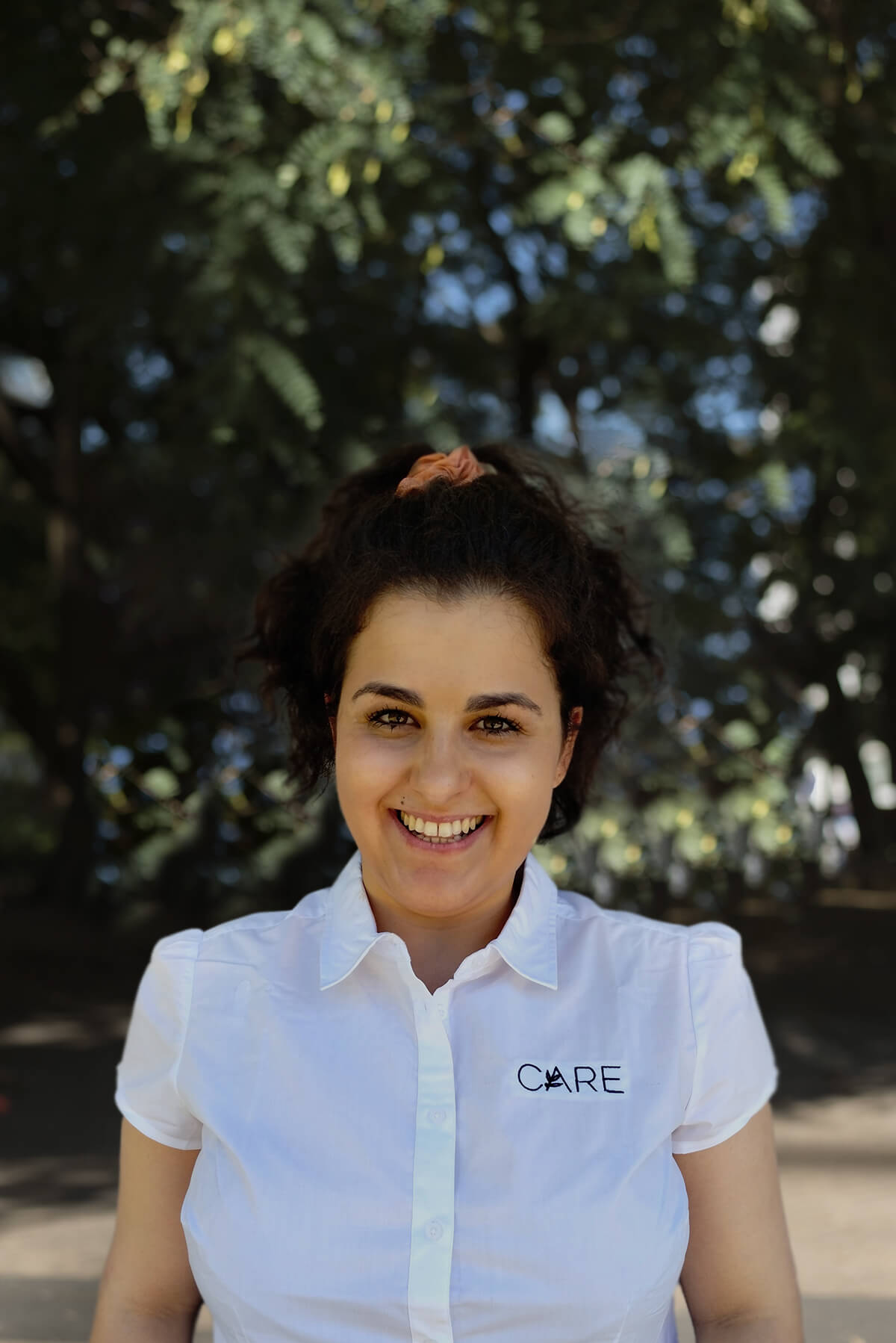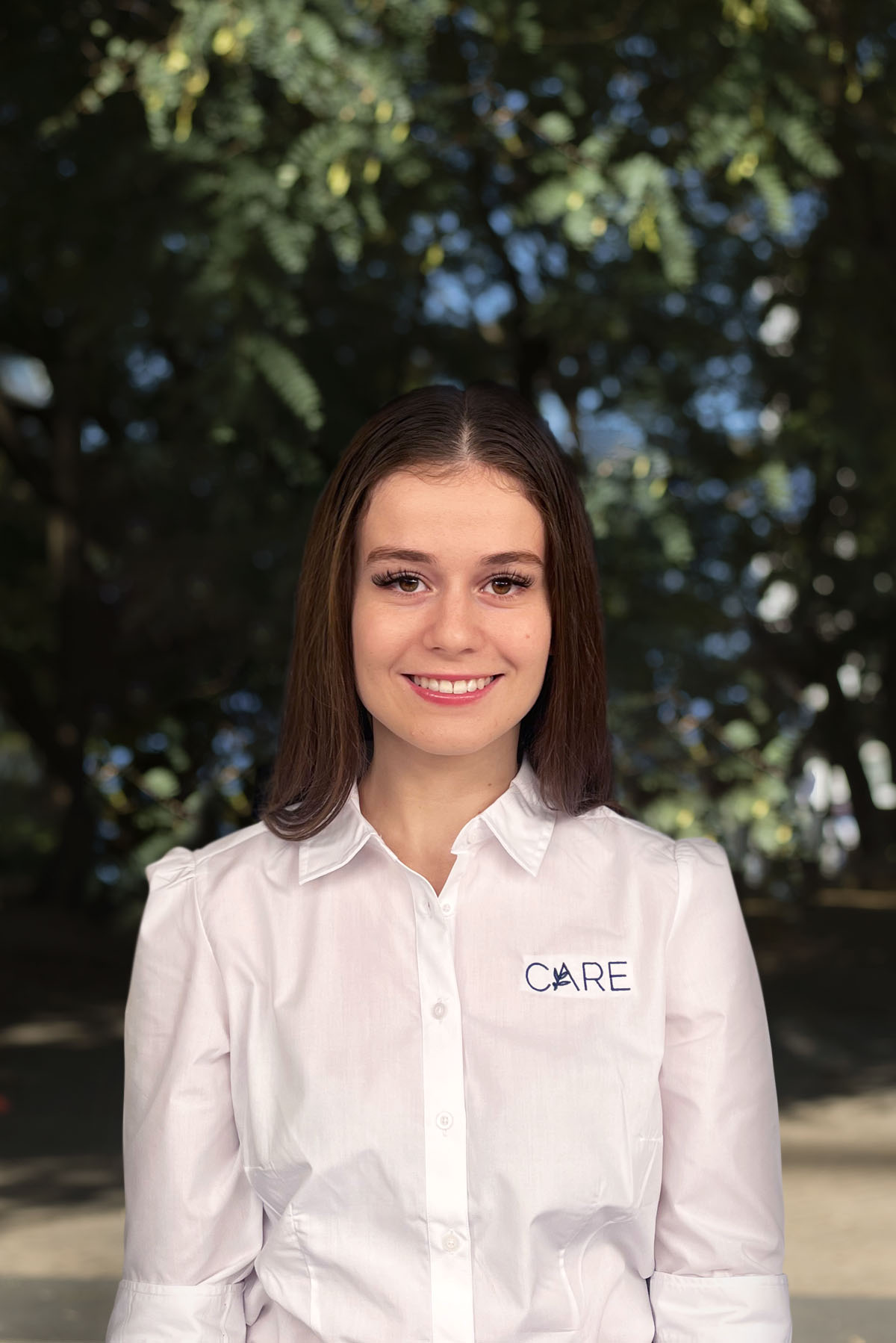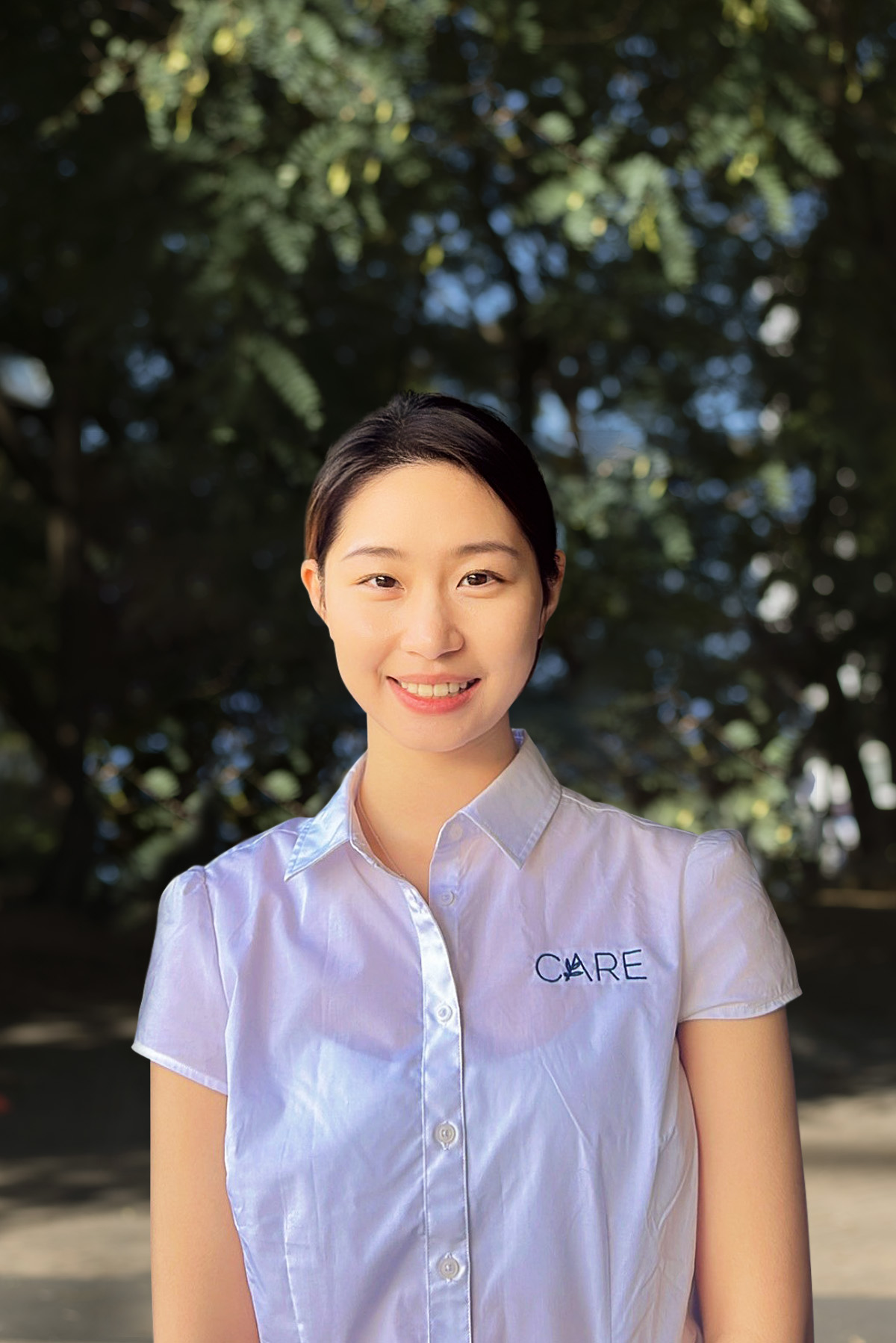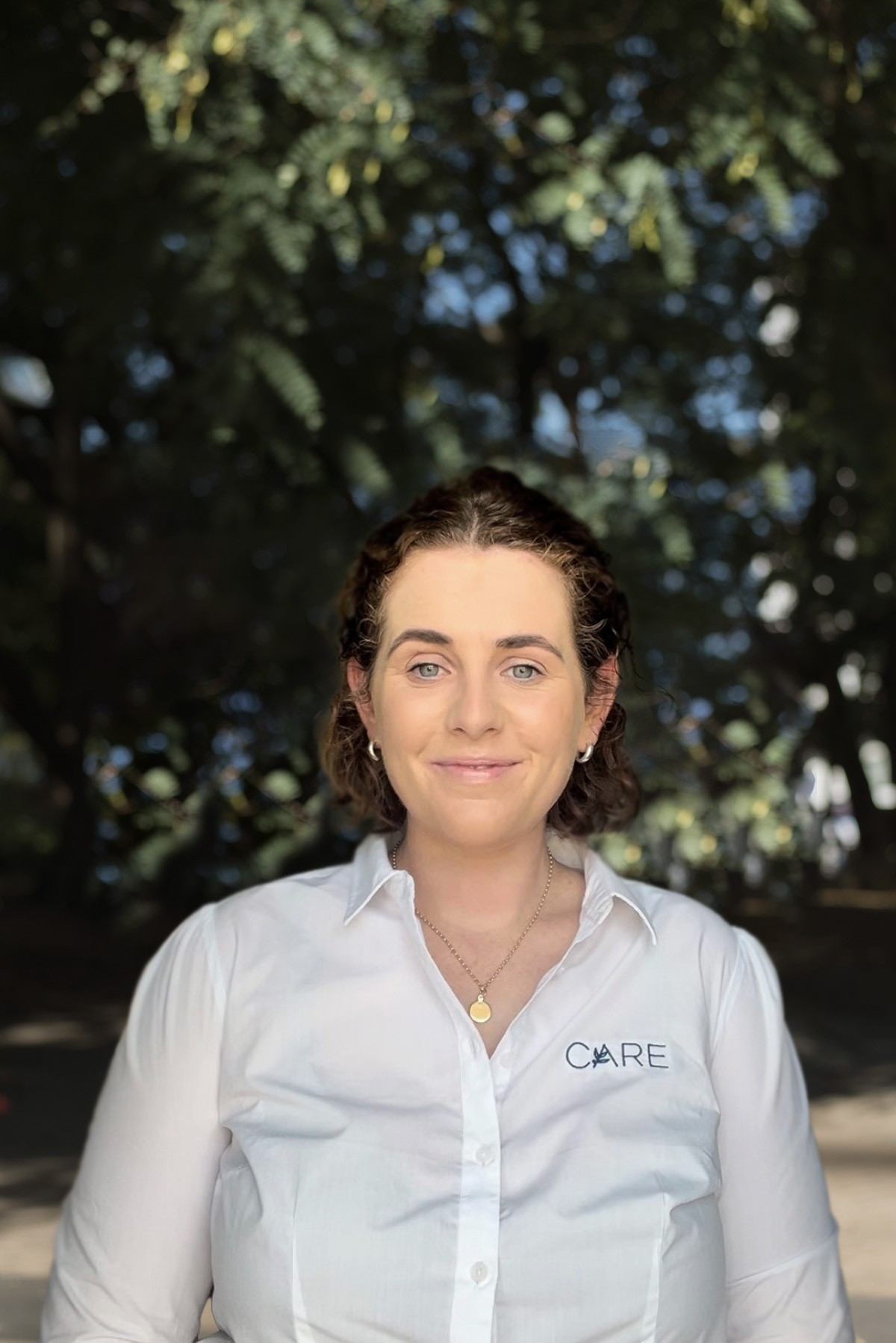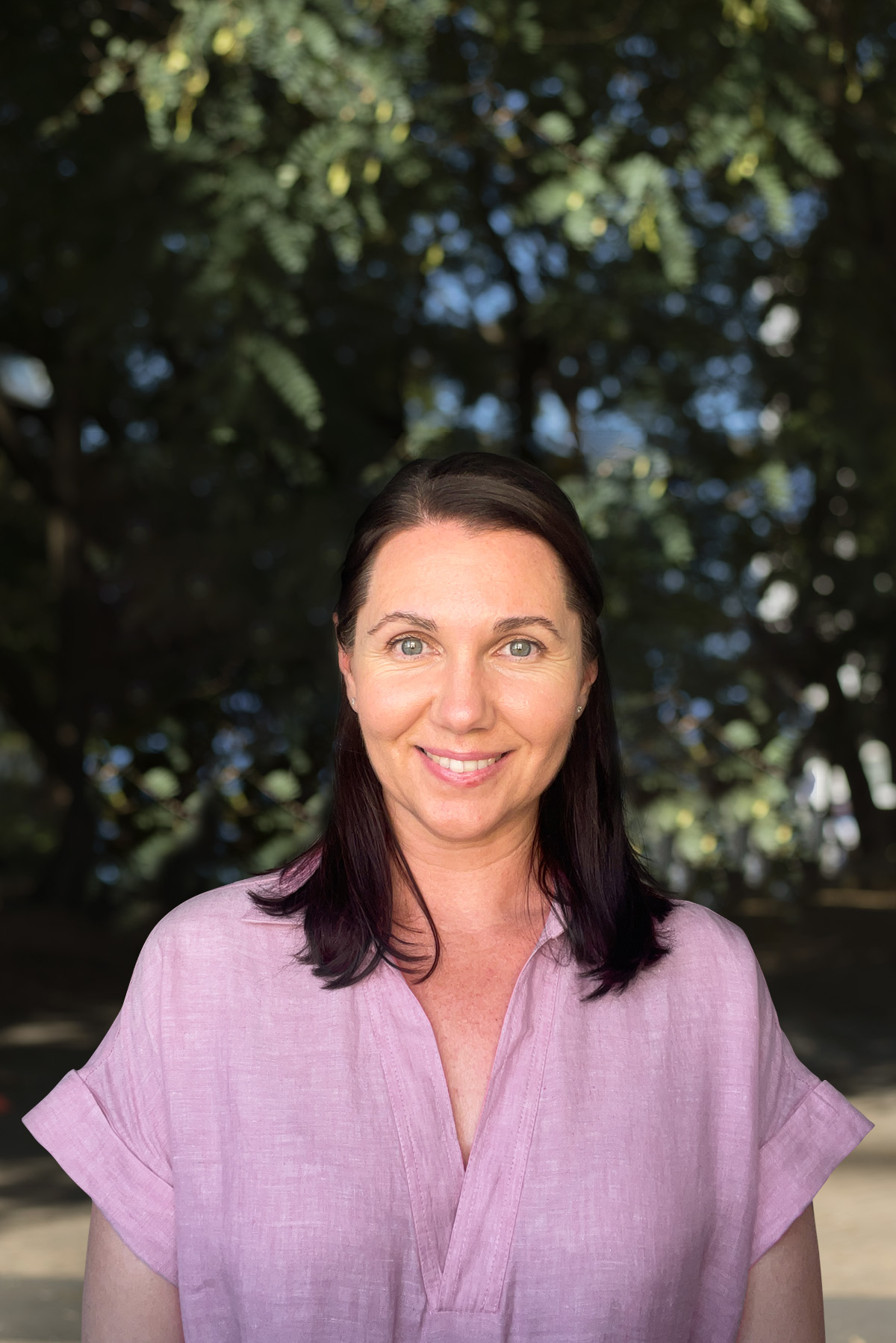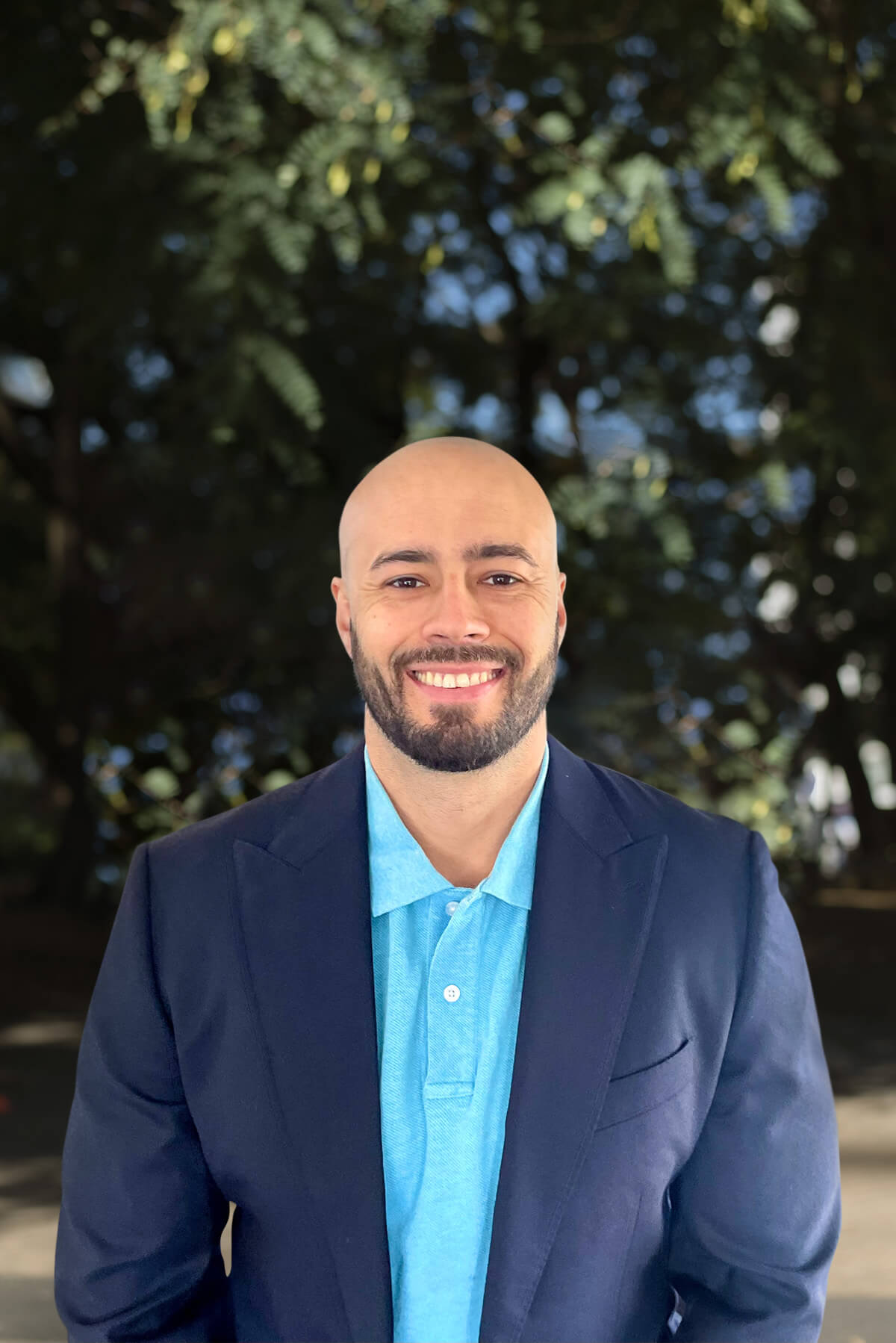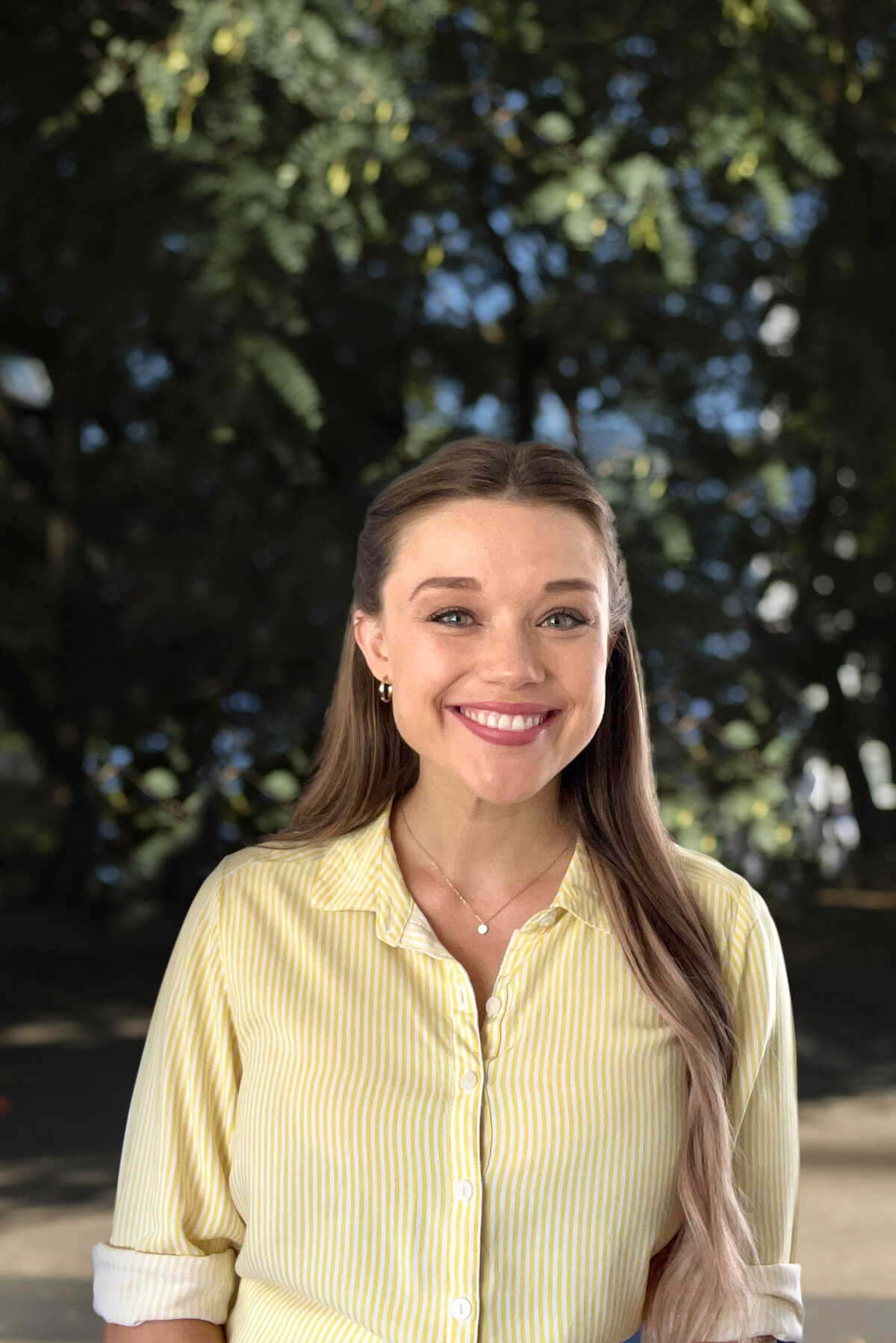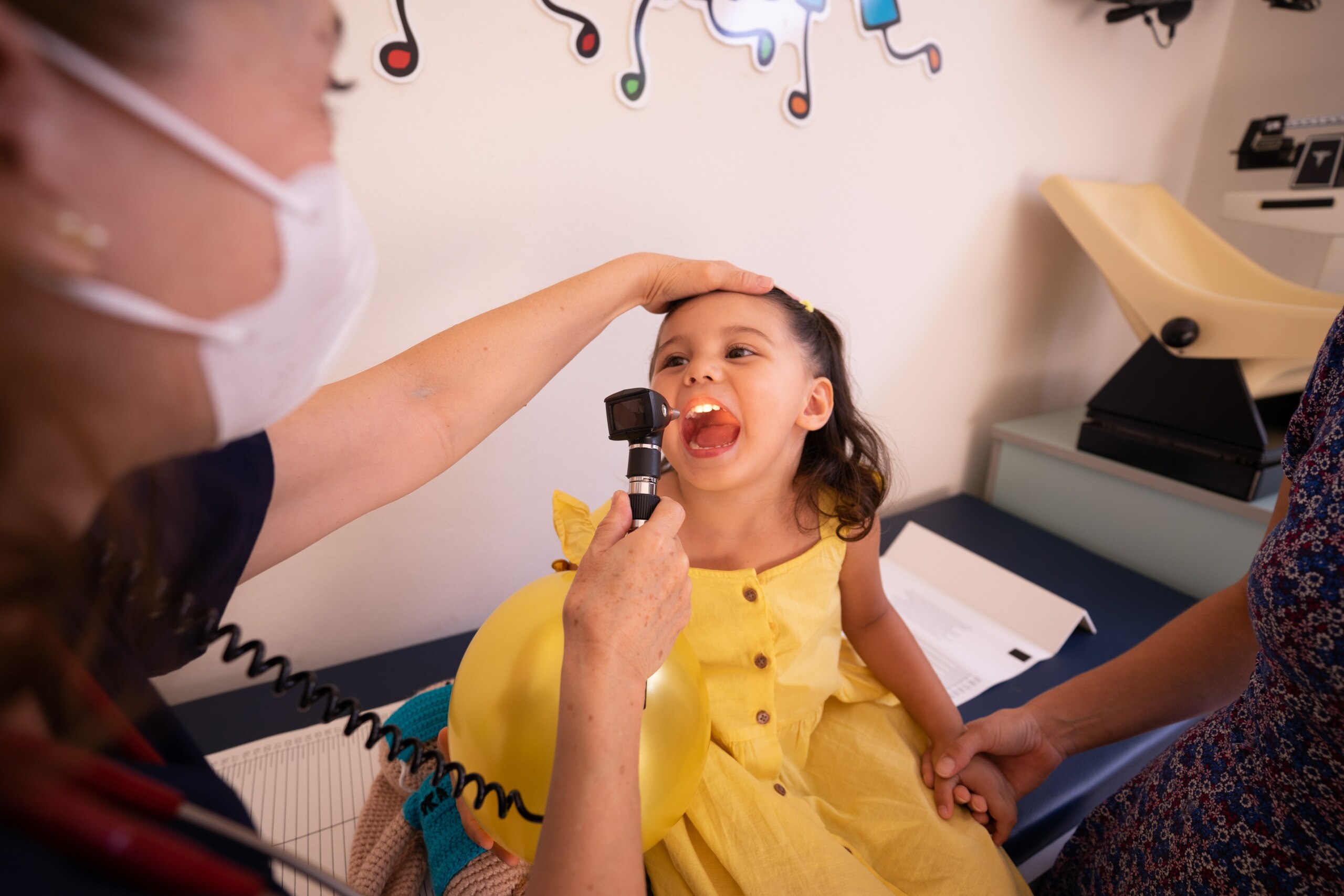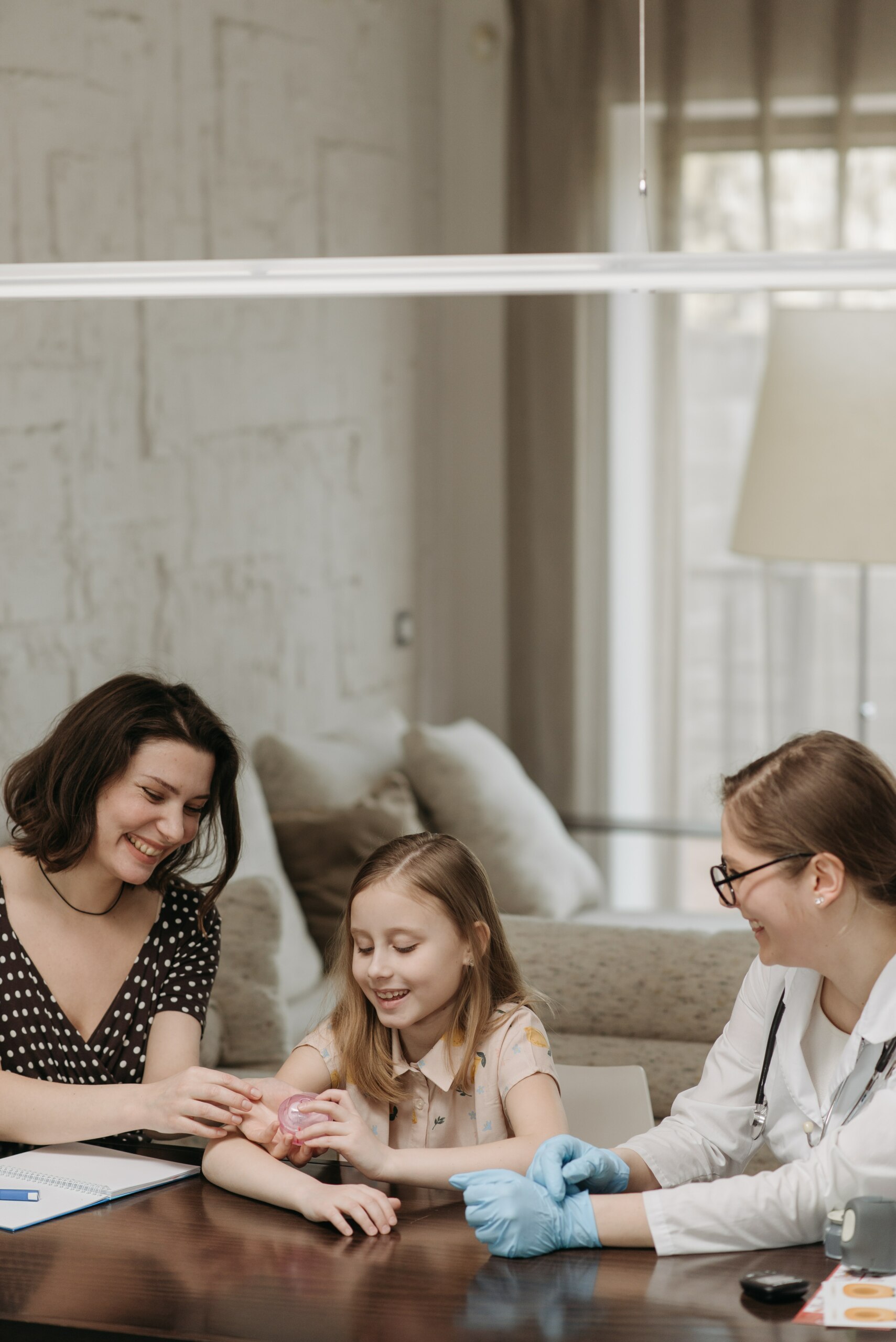Care Speech Pathology
Lisp
When learning to talk, most children simplify the sounds in words, making them easier to say. Sometimes this type of speech pattern becomes automatic, and a child has an inability to produce a specific speech sound correctly. These speech sound errors typically disappear as children get older and their speech becomes clearer.
Understanding speech errors can help parents to better understand typical speech developmental milestones. Speech Pathologists in Australia are specially trained to help parents with this knowledge and improve the speech development of children who have not reached typical developmental milestones.
At Care Speech Pathology, we know how to help.

What is a Lisp?
When speaking, our tongue, mouth, lips and teeth are used in many different ways to produce the correct sound. A lisp (or “frontal lisp”), is the term used when the tongue protrudes between or touches the front teeth when trying to make a ‘s’ sound, making the sound more like a ‘th’. For example, your child may say ‘thoup’ instead of ‘soup’.
Lisps are a common process for some young children. Most children grow out of this by the age of approximately 4½ years old. However, research shows that the longer a child waits for therapy, the stronger any ‘habit’ may become.
How can we help kids with a Lisp?
Speech Pathologists have extensive training and knowledge about phonological processes. There are a number of intervention strategies that we can use to reduce lisps in a child’s speech.
Step
To ensure that children feel as comfortable as possible, we will generally recommend that therapy takes place in a familiar environment. At Care Speech Pathology, we deliver all of our therapy sessions online over videocall (also known as “telehealth”) which allows children to attend sessions from the comfort of their own home (or even bedroom!). From there, we will start by completing a comprehensive assessment to determine if your child has speech difficulties and how it is impacting their ability to communicate. This assessment may include standardised tests, informal assessments, and observations of their speech in different contexts.
Step
We can then plan individualised therapy for your child’s lisp and any other speech difficulties based on your child’s presentation. Therapy will involve a lot of repetition but we can cater this to your child’s interests and attention abilities. Sessions might work on showing your child where to put their mouth/tongue and making the new sound in words or phrases, while incorporating games, rhyming and hand actions to make the learning more interactive. Therapy will always incorporate family education so that the all-important practice can continue during the week at home.
Step
We will also consider your child’s communication as a whole, across various contexts, and if there is anything else we can be doing to support them. For example, it might be suitable for us to provide support and training to education staff, to help improve academic performance and success in the classroom.
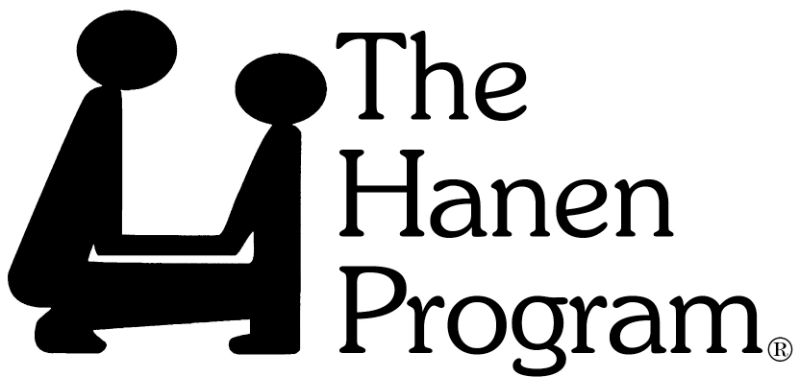
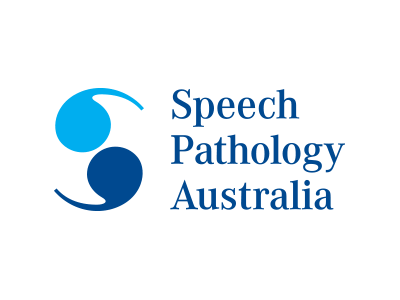
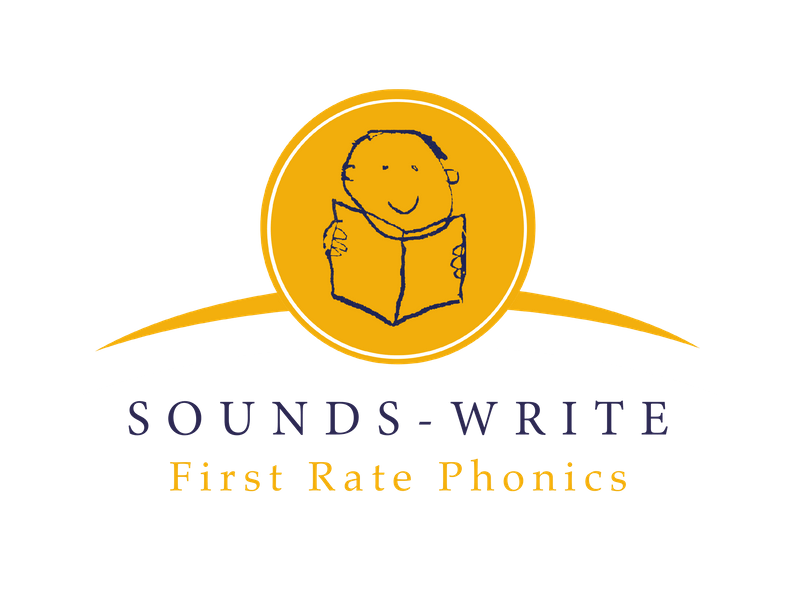



Meet Our Team
Nurturing Your Potential
Get to know our friendly and professional team of Speech Pathologists.
Book an appointment
Contact the Care Speech Team Today. Call 1300 086 280 or Leave Your Details Below.
We're super responsive
Subscribe
Subscribe to our emails for the latest articles and service information


